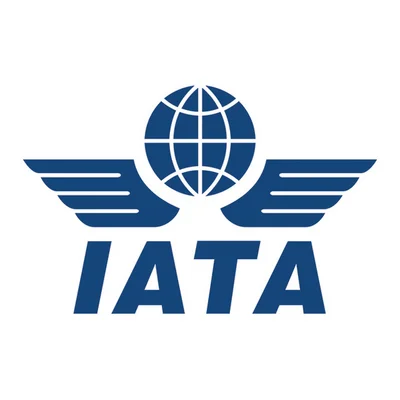FedEx Express operates a total of 382 aircraft, with 295 being widebody models. These include the Boeing 777F, Boeing 767-300F, Airbus A300-600RF, and McDonnell Douglas MD-11F—the latter being gradually retired from service. The Boeing 777F is used for long-haul routes due to its high payload capacity and range. The Boeing 767-300F serves medium-range routes efficiently, while the Airbus A300-600RF is deployed on high-volume routes despite its age.
FedEx continues to modernize its fleet with new orders for Boeing 767-300Fs and 777Fs powered by General Electric CF6 engines. In addition to widebodies, FedEx operates 87 Boeing 757-200SFs converted from passenger aircraft.
UPS Airlines is the air cargo division of United Parcel Service (UPS), headquartered in Louisville, Kentucky. It manages a global network with over 290 aircraft serving more than 300 destinations worldwide. UPS Airlines was established in 1988 to improve control over time-sensitive deliveries after decades of using third-party carriers.
The carrier’s central hub is Worldport at Louisville Muhammad Ali International Airport—a facility capable of handling over 400,000 packages per hour—and it maintains regional hubs in Miami, Cologne Bonn, and Shanghai Pudong airports.
UPS Airlines also prioritizes sustainability through investment in fuel-efficient aircraft and alternative fuels. UPS aims for carbon neutrality by 2050.
The UPS Airlines widebody fleet includes several types: Boeing 747-8F (nearly 30 units), Boeing 767-300F (97 units), older models like the Boeing 747-400F/BCF (13 combined), McDonnell Douglas MD-11F (27 units), and Airbus A300-600RF (52 units). Out of a total fleet size of 295 aircraft, UPS operates 219 widebodies.
Like FedEx Express, UPS relies on converted narrowbody freighters—specifically the Boeing 757-200PF—for medium-haul routes connecting regional markets to major hubs.
Both carriers have ongoing orders for new widebody freighters from Boeing; FedEx expects five additional Boeing 767-300Fs and eight more Boeing 777Fs while UPS has ordered twenty more Boeing 767-300Fs.
These investments support efforts to modernize fleets amid growing demand driven by e-commerce expansion worldwide. Both companies focus on improving efficiency while reducing environmental impact through newer aircraft models that offer lower emissions per ton-mile transported.
The global air cargo industry remains essential for international trade by enabling fast movement of high-value goods such as electronics or pharmaceuticals across continents. Major industry players include dedicated freight operators like FedEx Express and UPS Airlines as well as airlines offering cargo space on passenger flights—examples include Qatar Airways Cargo or Emirates SkyCargo—with key hubs located throughout Asia, North America, and Europe.
The COVID-19 pandemic initially reduced available capacity but later increased demand due to e-commerce growth. The sector now faces challenges from fuel price volatility, geopolitical tensions, and stricter environmental regulations.
 Alerts Sign-up
Alerts Sign-up


































